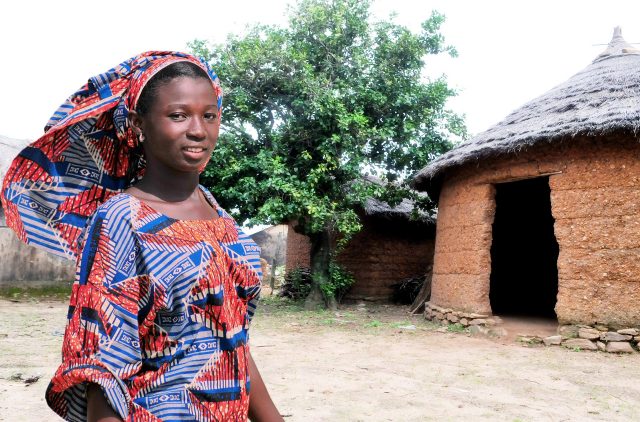The Mossi language, also known as Moore, Mole, Moose, More, Moré, or Moshi, belongs to the Oti–Volta branch of the Gur language family. The term Mossi can be applied both to the language and the people. The Mossi people are considered to be the largest ethnic group in Burkina Faso and the second largest ethnic group ethnic group in Ivory Coast.
Long ago, Mossi people were organized into three kingdoms, known as Tenkodogo, Wagadugu, and Yatenga. Although there is no information about when these kingdoms were founded, it is known that in 1329 the Mossi people raid on the city of Timbuktu.
As the political system of the Mossi people was closely connected to their religion, they resisted the acceptance of Islam for a long time. Nevertheless, the culture and the language of Mossi still shows some Muslim influence.
Also, it is worth to mention that exactly the Mossi people were one of the last African ethnic groups to be colonized. As they were conquered by the French colonizers only in 1896, there is no evidence to support the claim that the French language influenced Mossi.
The Mossi language is closely related to such languages as the Frafra language spoken just across the border in the northern half of Ghana and Dagbani and Mampruli languages spoken further south.
Today, the Mossi language is spoken in such countries as Burkina Faso, Mali, and Togo. Nevertheless, the language is mostly used in Burkina Faso. The total population of the Mossi speakers in the country is estimated at 5 million people. Mali and Togo together have about 60,000 Mossi speakers.
The Mossi language has numerous dialects. They are Saremdé, Taolendé, Yaadré, Ouagadougou, Yaande, Zaore ( also known as Joore), Yana (also known as Jaan or Yanga). The written Mossi language is based on the Latin script. Nevertheless, since 2010, the Brail script can also be used. The same to many African languages, the Mossi language uses pitch to distinguish meanings of the identical words.
One of the most interesting things about the Mossi language and culture is that a person’s name can show something about his or her birth. It means that Mossi names can show the day of the week when a person was born.




